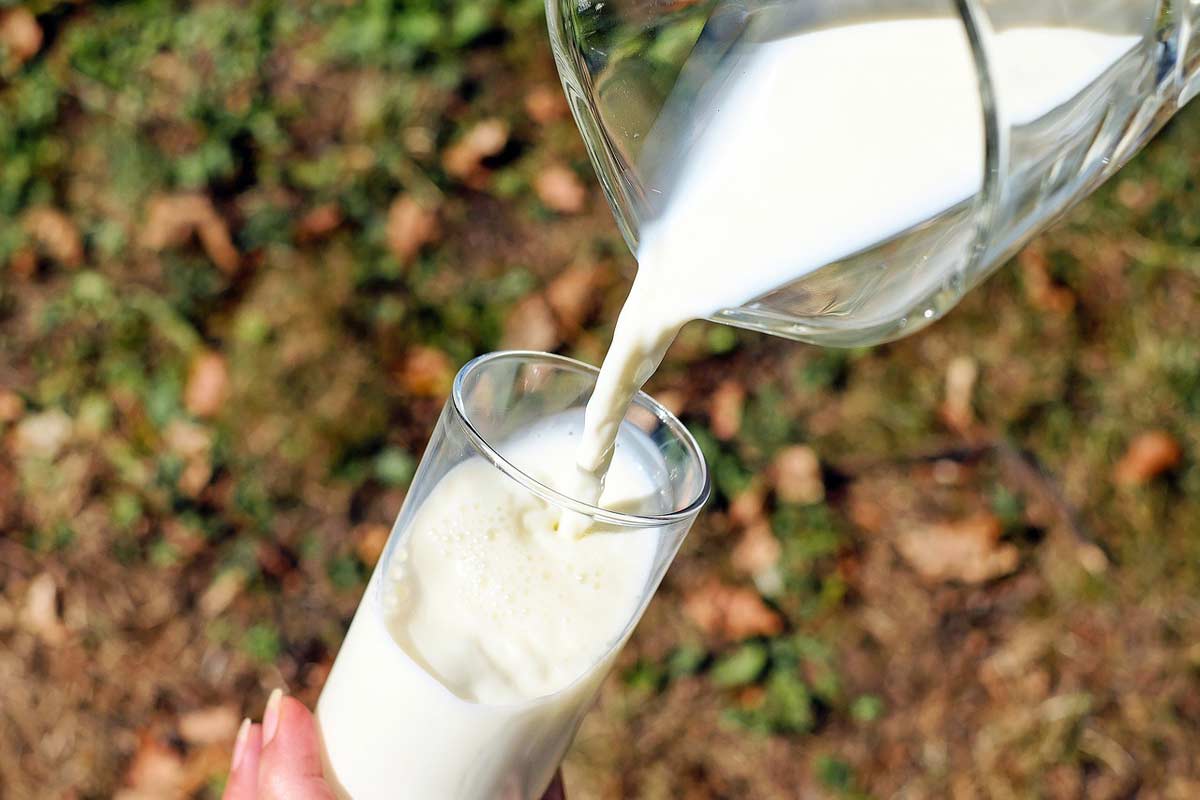Should you really drink tap water when you travel?

This article first appeared on Skyscanner’s Travel safe: should you drink tap water & other tips
The thought of imbibing microscopic beasties that will wreak havoc on our bodies while we travel is a terrifying one, but we're humans, and as such forgoing water is not really an option for us.
We wouldn't make it more than a few days before we died. For a more realistic guide to avoiding tainted water on your next trip, read on for Skyscanner's advice for drinking water while traveling
1. Why do we need water?
Sorry pal, you can't just skip water. Our bodies are roughly 70 per cent water, and without it we can't control our body temperature, lubricate our joints and muscles, or even eliminate the waste we accumulate when we eat.
Basically, without water our bodies would just stop working. And we'd cease to exist. Health experts advise drinking at least eight glasses of water per day. Did you know Switzerland has the world's tastiest, apparently, so if that's your destination, take a moment to savour the tap water flavour.
2. What is safe and clean water?
One of the first things savvy travellers ask when in a new country is "can we drink the water?" Eco conscious travellers who want to reduce their carbon footprint will try to avoid plastic bottles as often as possible, and may prefer tap water to bottled water (which often is just tap water poured into a bottle). However, you may want to take a break from your activist ways while travelling, because that plastic bottle could save you a world of intestinal pain.

If your hotel has left bottles of water next to the sink, or nightstand, it's a safe bet that they'd like you to use it rather than the tap water, and you're better off following their suggestions, even for brushing teeth. In most developed countries, like western Europe or Singapore, you'll be fine if you drink the water. Other Asian countries with safe water supplies are Japan, Korea, Hong Kong and Brunei.
3. How do we stay safe?
There are a lot of potential ailments one can get from tainted tap water, such as hepatitis A, cholera and typhoid, though these are worst case scenarios. Travellers diarrhoea is a common threat, and even incidental contact, like an accidental mouthful while swimming or showering, can cause problems.
In mountainous areas, clear running streams can look tempting, but you're still at risk of exposure to fecal matter (both human and non-) or other unpleasantness.

Be picky even with the water you use to brush your teeth and the ice (including crushed ice in smoothies!) you consume. They could also be contaminated unless you're in a hotel, or an establishment that promises ice made from filtered water.
Fresh fruit and veggies may look tasty, but if they've been washed in contaminated water, they may spell trouble for you and your guts. Watermelons suck up a lot of groundwater and when grown in polluted places can cause problems. As a rule of thumb, try to avoid eating the edible skins of fruits when in countries with dodgy water supplies.
Let's say you're hiking in the Himalayas and can only get water through boiling, make sure it is brought to a rolling boil for at least 60 seconds, and for 3 minutes if you're at high altitudes (above 2,000m). If you're desperate, try putting a few drops of regular household bleach into a large amount of water, stirring it in, and then letting it sit for a half an hour before drinking.
Are there any alternatives?
Some experts think milk, especially the low-fat kind, can be a healthy alternative to water. It'll hydrate you, plus it's got lots of vitamins and minerals to keep your body healthy.

It's mostly water, anyway. In tropical destinations such as Krabi, fresh coconut juice makes an excellent substitute, and it's really good for you to boot. It is an excellent boost when you're not feeling great, and is very tasty and refreshing when you've been out in the tropical sun all day.
Green tea is also a great choice as pure unsweetened green tea provides 140 percent of your daily value of Vitamin C and is high in antioxidants.
You can also try bottled fruit juice as a substitute, although it's got a bit more sugar than diet-conscious travellers may prefer. They are a lot healthier than sodas and other artificially sweetened drinks though. Of course, if you're really desperate, you could have a cocktail.